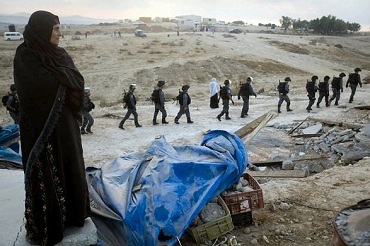US Supreme Court gives green light to warrant-less searches of homes

This ruling enhances the arbitrary powers of the police and makes the security and privacy of the home even more dependent on the subjective whims of individual police officers.
A decision Monday by the US Supreme Court represents a further major step in abolishing the basic civil liberties protections in the Bill of Rights and enhancing the arbitrary powers of the police. The decision permits police to conduct searches of private homes without a warrant under a mundane pretext.
The issue in the case, Kentucky v. King, decided 8-1, was whether the police should have obtained a search warrant before they kicked in the door of Hollis Deshaun King’s apartment, conducted a search, and found marijuana. King was sentenced to 11 years in prison.
The Fourth Amendment to the US Constitution, enacted in 1791 in the aftermath of the American Revolution, guarantees to the people “[t]he right … to be secure in their houses… against unreasonable searches and seizures.” The Fourth Amendment also requires that police seek the authorization of a neutral judge, in the form of a warrant, before undertaking a search or seizure. To obtain the warrant, the police are required to demonstrate “probable cause.”
The Fourth Amendment, together with the Third Amendment, which prohibits the government from quartering soldiers in private homes, arose out of a profound hatred and resentment towards arbitrary government intrusions into the home, as well as an understanding that protection of the privacy of the home is necessary to political freedom.
The US Supreme Court Justice Robert H. Jackson wrote in 1948 that the Fourth Amendment requirement that the government obtain a warrant to conduct a search is among the “fundamental distinctions between our form of government, where officers are under the law, and the police-state where they are the law.”





























